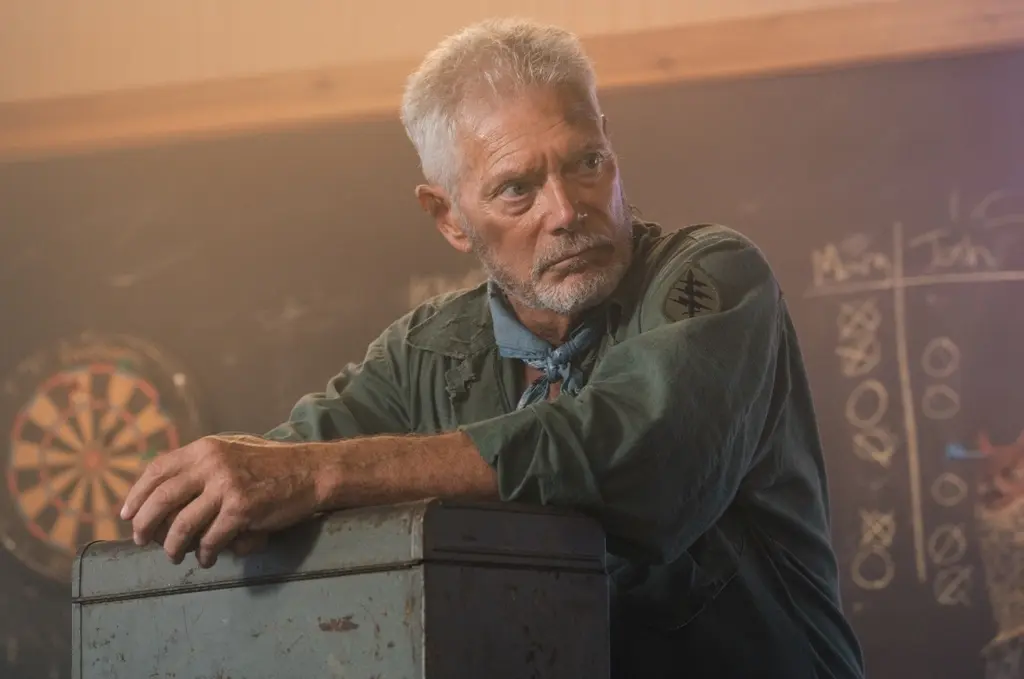American actor Gene Hackman and his wife, concert pianist Betsy Arakawa, along with one of their pet dogs, were found dead in their home in Santa Fe, New Mexico, on Wednesday, Feb. 26. He was 95 years old, and she was 63.
Local authorities have stated that the couple was dead for at least a day before being discovered, after police received a wellness check request from one of their neighbors.






